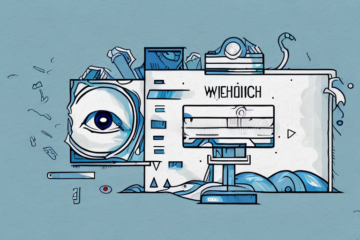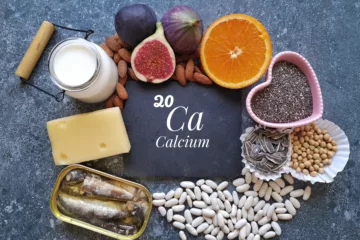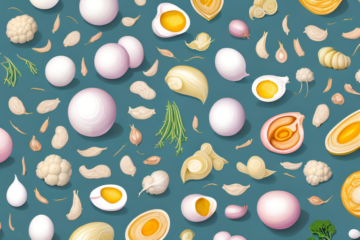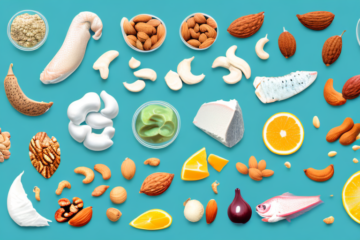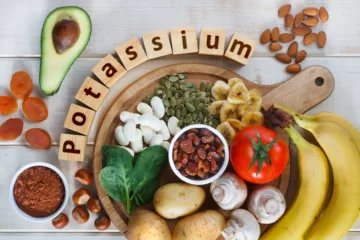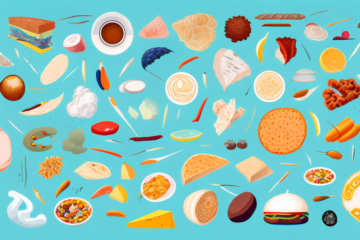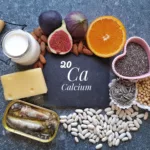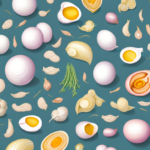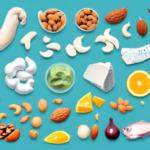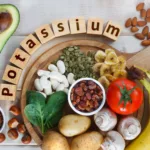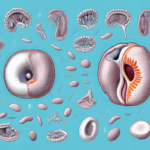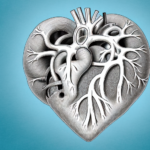What are Carbohydrates and How Do They Affect Our Body?
Carbohydrates are organic compounds made up of carbon, hydrogen, and oxygen atoms. They come in various forms such as sugars, starches, and fiber, which are all broken down in the body to glucose, a simple sugar that serves as a primary source of energy for the body.
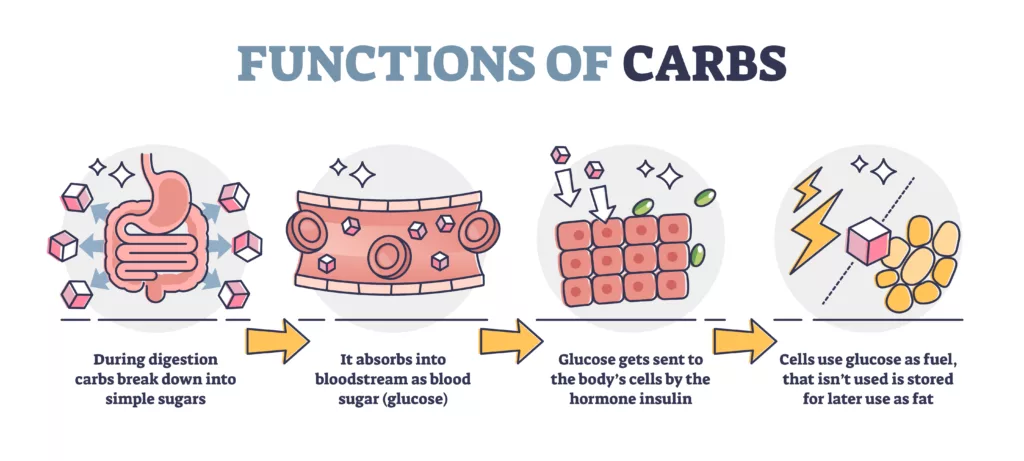
When we consume high carb foods, our body rapidly breaks down the carbohydrates into glucose, which causes a spike in blood sugar levels. To regulate these high levels, our body releases insulin, a hormone that helps the body store the glucose as glycogen in the liver and muscles. Glycogen serves as a reserve energy source for the body when needed.
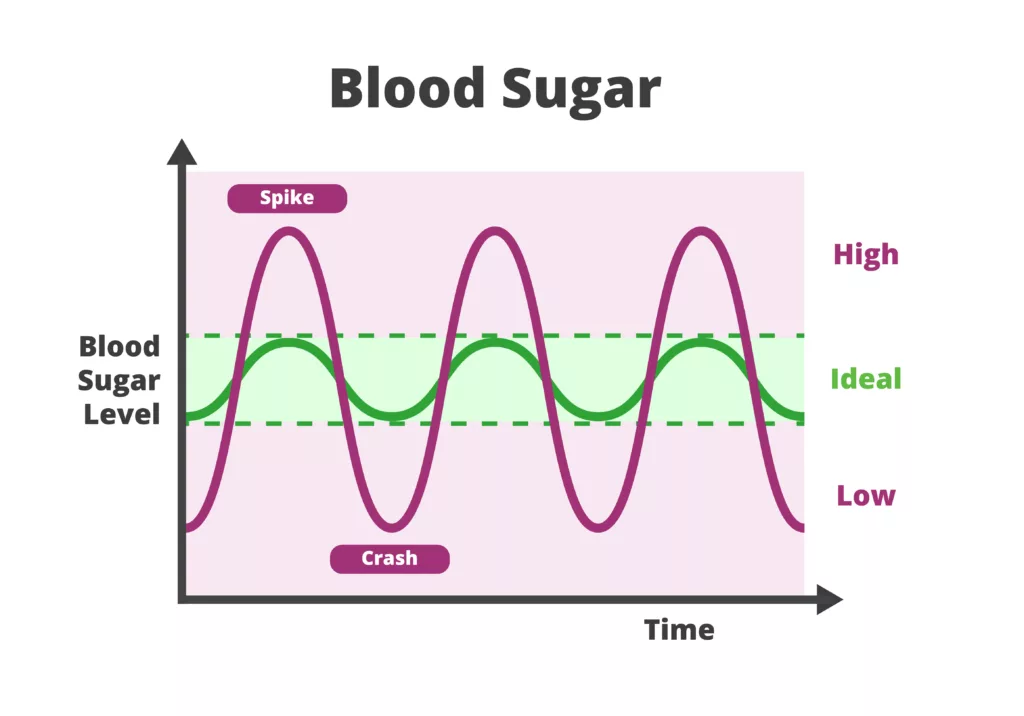
While carbohydrates are critical for the body’s energy supply, consuming too many high carb foods can lead to various health issues. The American Heart Association recommends that carbohydrates should make up between 45% and 65% of our daily caloric intake, so it’s essential to watch our consumption of high carb foods closely and maintain a proper balance.
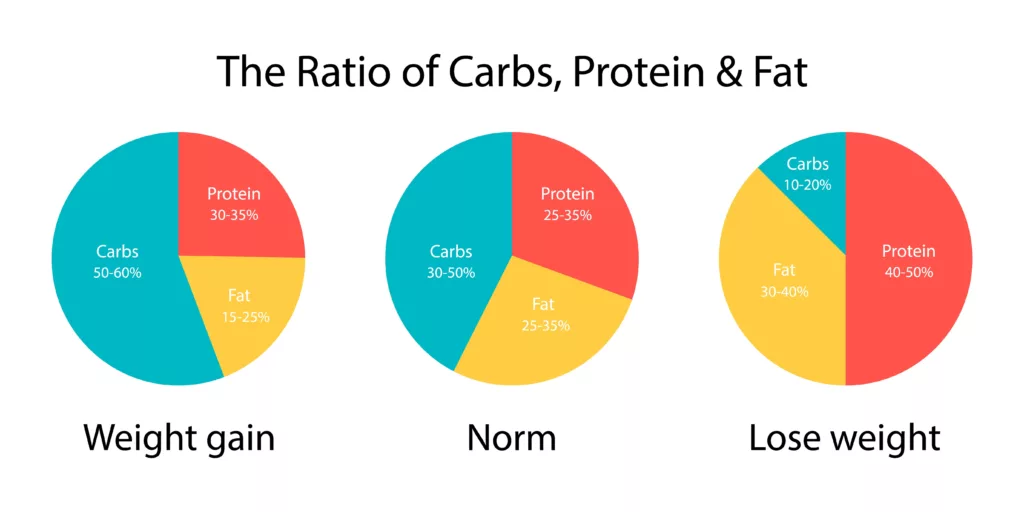
It’s important to note that not all carbohydrates are created equal. Simple carbohydrates, such as those found in candy and soda, are quickly broken down into glucose and can cause a rapid spike in blood sugar levels. On the other hand, complex carbohydrates, such as those found in whole grains and vegetables, are broken down more slowly, providing a steady source of energy and keeping blood sugar levels stable. It’s recommended to choose complex carbohydrates over simple carbohydrates to maintain a healthy diet and avoid health issues related to high blood sugar levels.


